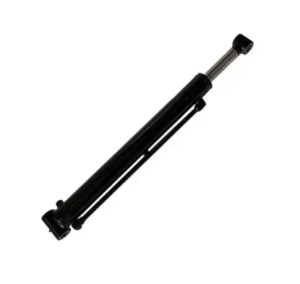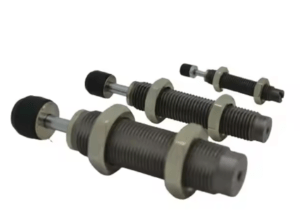
1. How Solenoid Valves Work
Solenoid valves operate based on an electromagnetic principle. When an electric current passes through the solenoid coil, it generates a magnetic field. This magnetic field then acts on a plunger or diaphragm, either opening or closing the valve to control the flow of fluids, such as liquids or gases. This simple yet effective mechanism enables precise and rapid control over fluid movement.
2. Wide Range of Applications
Solenoid valves find applications in numerous industries. In the automotive sector, they are used in engine management systems to control fuel injection and exhaust gas recirculation. In the manufacturing industry, they play a vital role in automated machinery for controlling the flow of hydraulic and pneumatic fluids. Additionally, in the HVAC (Heating, Ventilation, and Air Conditioning) systems, solenoid valves regulate the flow of refrigerants, ensuring efficient temperature control.
3. Key Advantages
One of the major advantages of solenoid valves is their high speed of operation. They can open and close in milliseconds, allowing for quick response times in industrial processes. Moreover, they offer excellent precision in fluid control, ensuring accurate amounts of fluids are released or blocked. Solenoid valves are also relatively easy to install and maintain, reducing overall system downtime.

4. Energy Efficiency
Solenoid valves contribute to energy efficiency in industrial operations. Their ability to precisely control fluid flow means that unnecessary energy consumption can be minimized. For example, in a manufacturing process where fluid is only required at specific intervals, solenoid valves can be programmed to open and close accordingly, preventing continuous flow and thus saving energy.

5. Future Trends
As technology advances, solenoid valves are expected to become even more efficient and intelligent. There will be a greater focus on developing valves with lower power consumption, higher durability, and enhanced communication capabilities. These advancements will further expand their applications in emerging fields such as smart factories and the Internet of Things (IoT).



